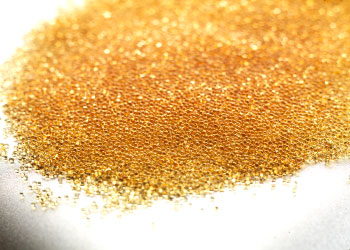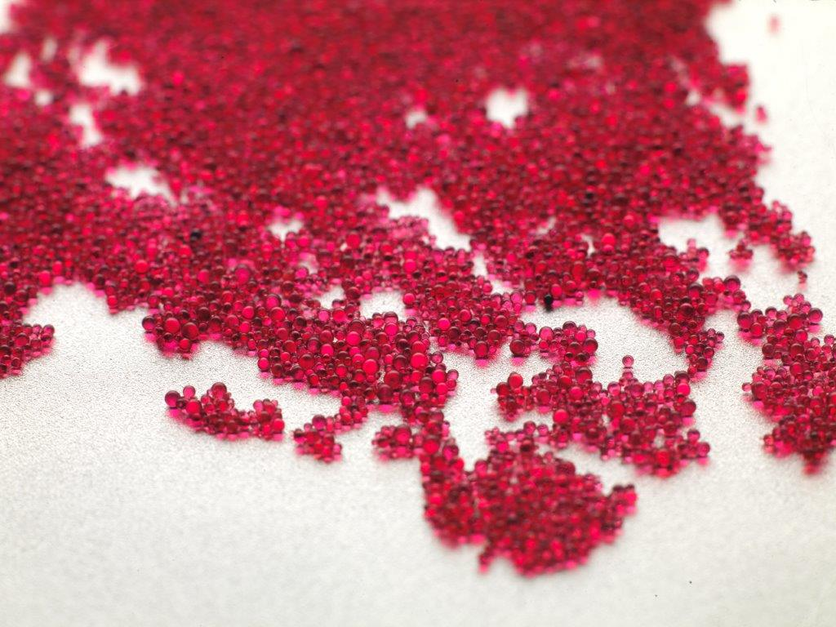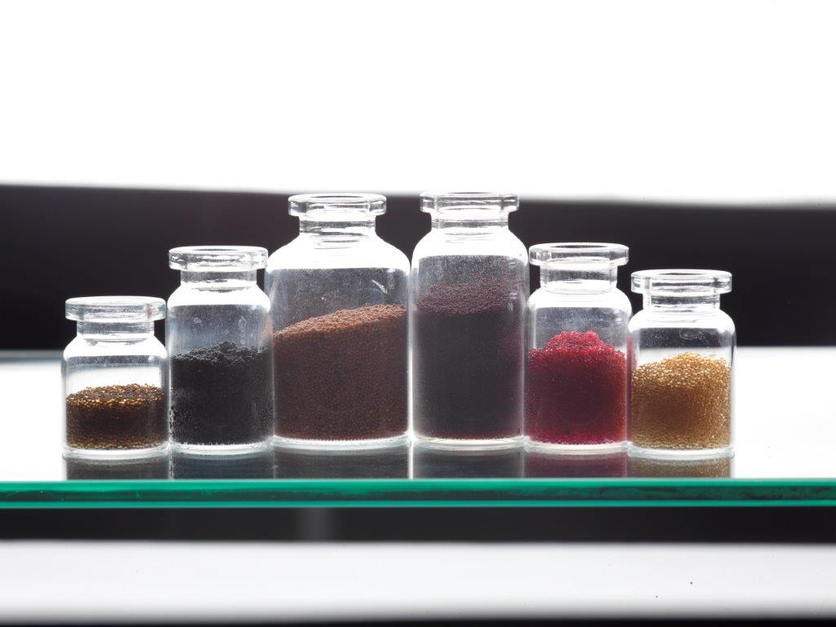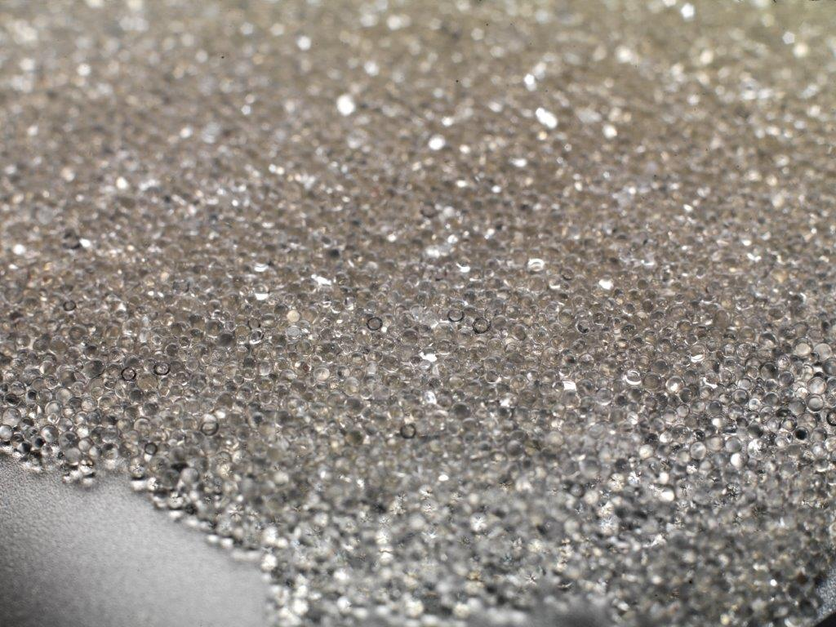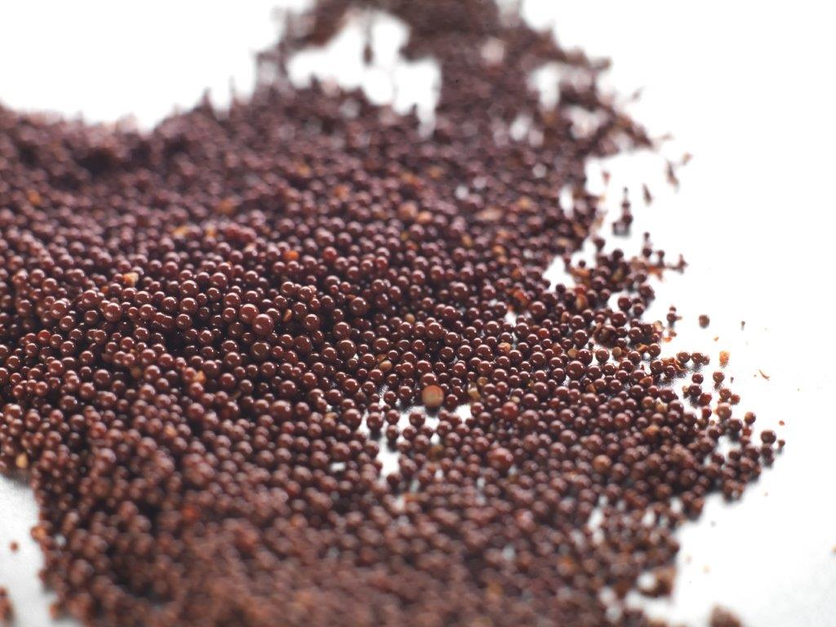
Thermax Inc.
Ion exchange resins
Thermax' Chemical Division manufactures and markets a wide range of specialty chemicals that help improve processes and product performance across various industries. As Asia’s leading manufacturer and exporter of TULSION® brand ion exchange resins and a pioneer in the field of fuel and water treatment chemicals, Thermax also supplies paper chemicals, oilfield chemicals, and construction chemicals. Powered by technological expertise and capabilities honed over four decades and backed by a strong
STAND NUMBER:
12.310
CATEGORIES:
Trading regions
Africa:
Algeria, Angola, Benin, Botswana, Bouvet Island, Burkina Faso, Burundi, Cameroon, Cape Verde, Central African Rep, Chad, Comoros
Americas:
American Samoa, Anguilla, Antigua & Barbuda, Argentina, Aruba, Bahamas, Barbados, Belize, Bermuda, Bolivia, Brazil, Canada
EVENT:
Aquatech Amsterdam 2025
ADDRESS:
16200 Park Row Suite 190 77084 Houston TX United States
Products
